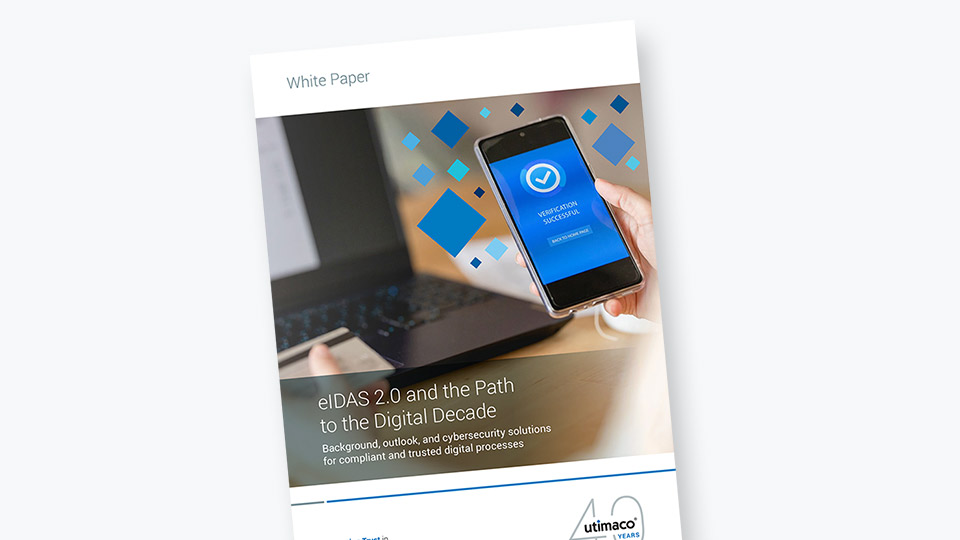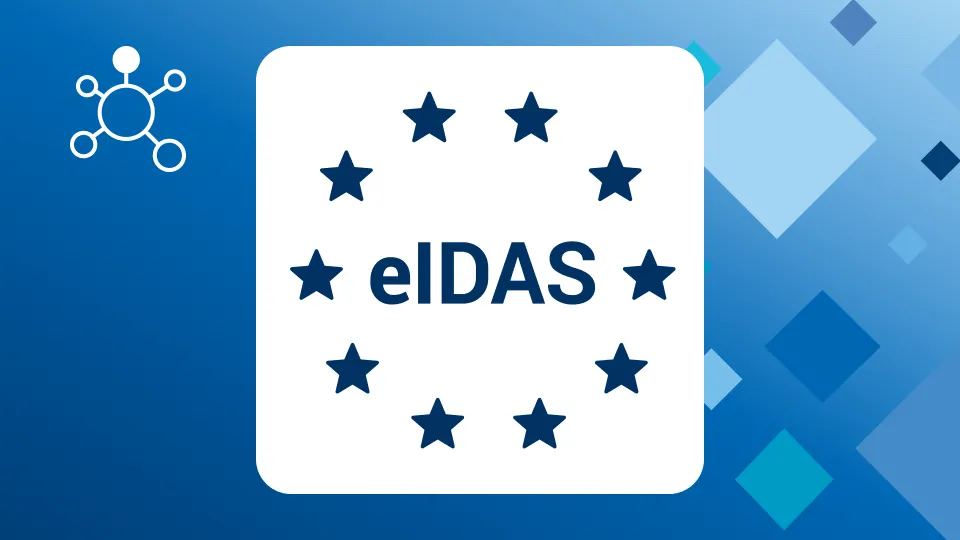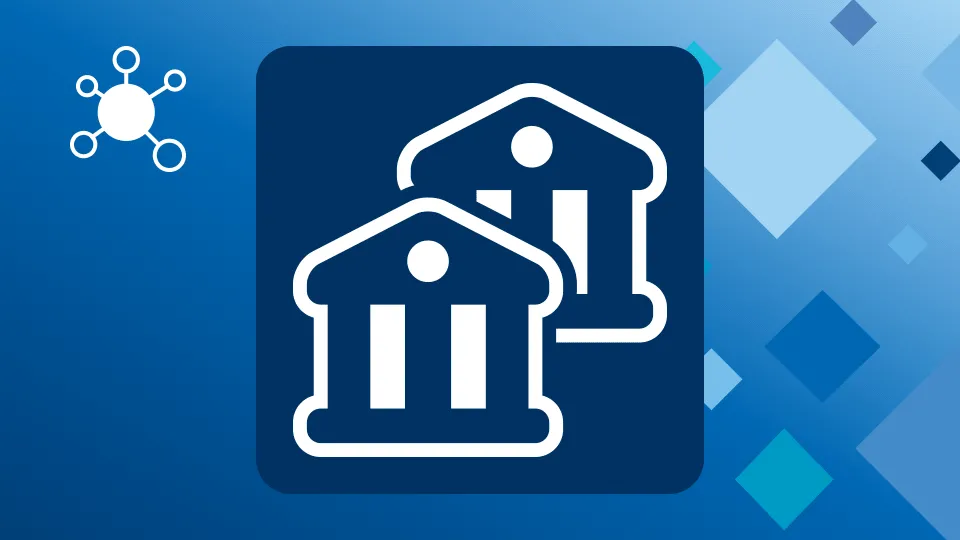Definition: eIDAS (electronic IDentification, Authentication and trust Services) is an EU regulation on electronic identification and trust services for electronic transactions in the European Single Market. It was established in EU Regulation 910/2014 of 23 July 2014 on electronic identification. The eIDAS regulation has been in force across the EU Since 1st July 2016.
eIDAS explained
The eIDAS regulation is aimed at promoting and improving digital trust, security and convenience online in the form of a single set of rules on electronic identification and trust services, including electronic signatures, seals, time stamping, delivery services and website authentication. It also regulates involved bodies that carry out electronic transactions within the EU.
With an increasing number of transactions moving online and the digital economy emerging as a key driver of economic growth, mutual recognition of digital identities between countries can speed up trade in digital services and products and expand markets. Someone could, for example, open a bank account, register a business, and electronically sign trade contracts in another country without ever having to be present in that country.
Both interoperability and mutual recognition of electronic identification schemes across borders have been further enhanced to include five types of trust services with the same legal standing as transactions that are performed on paper:
- Electronic signatures
- Electronic seals
- Electronic time stamps
- Electronic registered delivery services
- Website authentication certificates.
As a result, all organizations providing public digital services in an EU member state must now recognise and accept notified electronic identification from all other EU member states, ensuring that identity verification checks carried out in one EU country will be valid across all member states.











